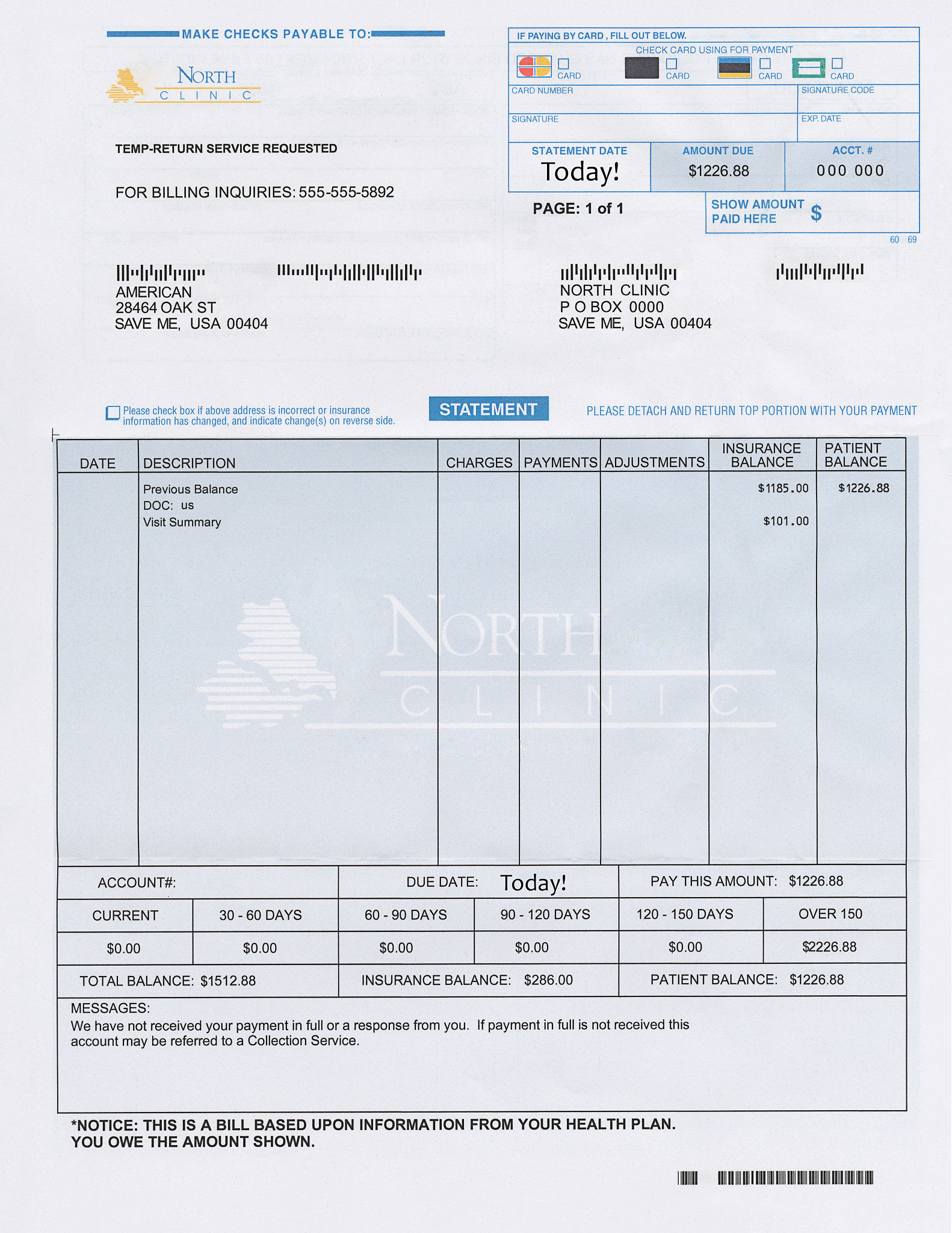Expert Tips for Building Credit After Debt Resolution
Rebuilding credit after resolving debt can feel like a daunting task, but with the right approach, you can set yourself on a path to financial health. Whether you've just paid off a significant debt or completed a debt resolution program, here are some expert tips to help you effectively rebuild your credit.
Understand Your Credit Report
The first step in building your credit is to understand where you currently stand. Request a copy of your credit report from the major credit bureaus and review it carefully for any errors or discrepancies. Correcting inaccuracies can quickly boost your score.

Once you're familiar with your credit report, focus on the factors that impact your score the most, such as payment history and credit utilization. These are key areas where you can make improvements.
Create a Budget
Establishing a budget is crucial to managing your finances effectively. A well-planned budget will help you track your spending, prioritize debt payments, and ensure that you don't fall behind on future payments.
Begin by listing all your monthly expenses and income sources. Identify areas where you can cut back and allocate those savings toward paying off any remaining debts. A budget ensures you live within your means and avoid accumulating new debt.

Start with a Secured Credit Card
If you're finding it difficult to obtain a traditional credit card, consider starting with a secured credit card. These cards require a cash deposit that serves as collateral and typically offer lower credit limits. They are an excellent way to rebuild credit, as on-time payments are reported to credit bureaus.
Over time, responsible use of a secured credit card can help you qualify for an unsecured card, further improving your credit score.
Pay Bills on Time
Timely bill payments are one of the most significant factors affecting your credit score. Set up automatic payments or reminders to ensure you never miss a due date. Consistently paying your bills on time will positively impact your credit score over time.

If you struggle with multiple due dates, consider consolidating your debts or setting up a payment plan that aligns with your cash flow.
Limit New Credit Applications
While it may be tempting to apply for new credit opportunities, each application can result in a hard inquiry on your credit report, potentially lowering your score. Be selective and only apply for credit when necessary.
Instead, focus on managing and paying down existing debts. This strategy will show lenders that you are a responsible borrower.
Monitor Your Progress
Regularly monitoring your credit score will help you track your progress and adjust your strategies as needed. Use free online tools or subscribe to a credit monitoring service to stay informed about changes to your credit profile.
Rebuilding credit requires patience and persistence. By following these expert tips, you can gradually improve your credit score and regain financial confidence.